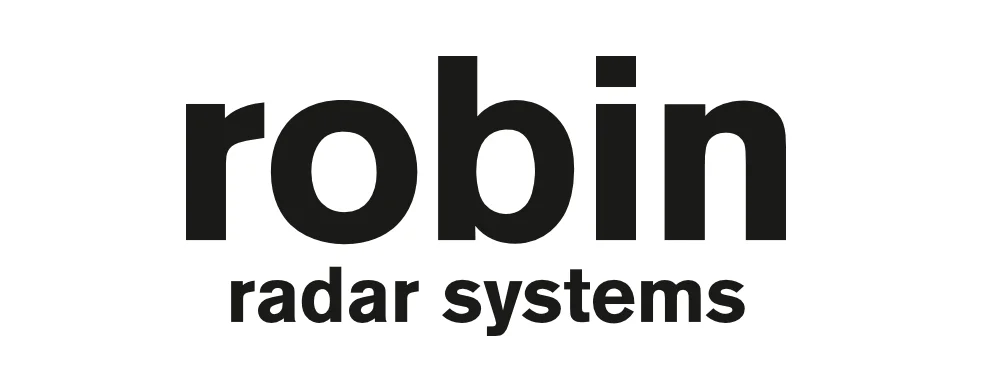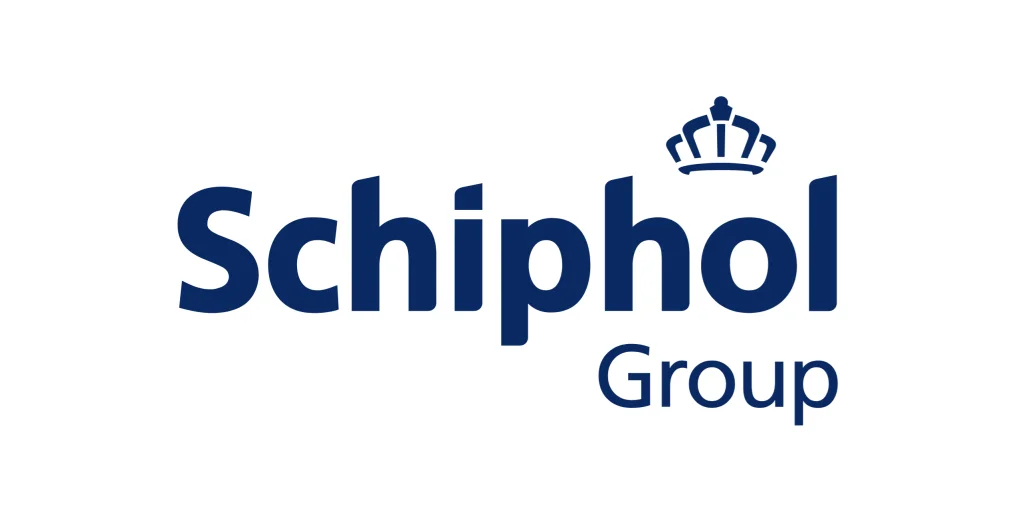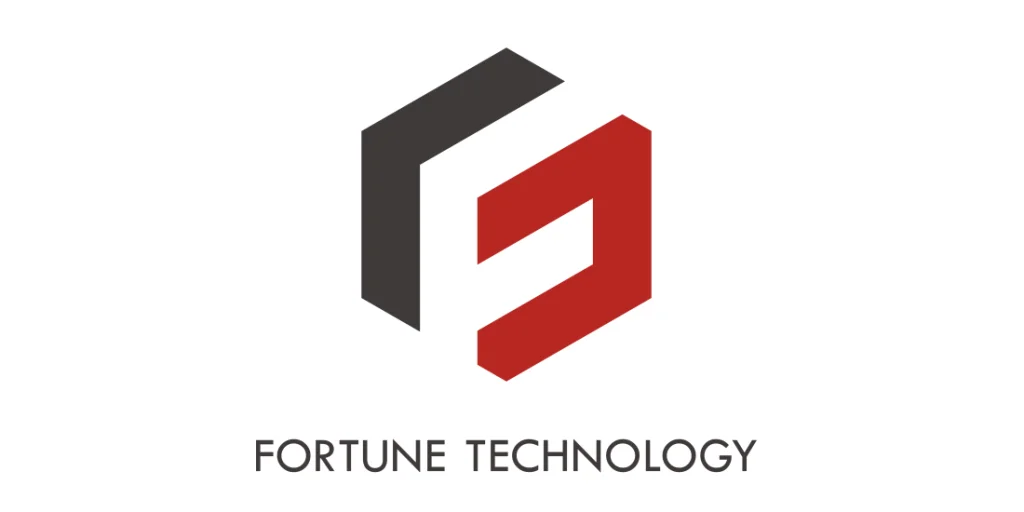|
Home >
Knowledge
Knowledge
All knowledge
Coding standards
Quality Gating
TiCS framework
Software Maintainability
Can TiCS be used as a SonarQube alternative?
2025 April 28
We often get the question how our TiCS Framework compares to SonarQube. In this article, we'll dive into the differences and which tool best fits your needs.
Read more
|
How to Quality Gate Software Code
2023 November 1
How do you quality gate your software code quality? Which metrics do you use? Do you use relative or absolute gates? Where in the development process should the gates be placed? Let's find out!
Read more
|
Auditing Supplier Software Quality at the ECB
2023 September 28
How do you know the software you buy from your suppliers is sufficiently maintainable? The European Central Bank asked TIOBE to audit the software of their supplier.
Read more
|
How to Measure Code Complexity
2023 September 26
In this third installment of our blog series on code complexity, we will take a look at how to actually go about measuring your code complexity!
Read more
|
Why Measuring Code Complexity Matters
2023 September 19
In this second installment of our blog series on code complexity, we dive deeper into why measuring code complexity is so important.
Read more
|
Demystifying code complexity
2023 September 6
In this series, we will be diving into the world of Code Complexity, and the differents way it can be measured.
Read more
|
The Importance of Benchmarking Code Quality
2023 July 24
Benchmarking code quality is important. It helps you understand how your code base compares to others in terms of quality. So, how do you do it?
Read more
|
Introduction to Quality Gating
2023 July 24
An Introduction to quality gating as pragmatic solution to avoid bug from slipping through towards your end-user.
Read more
|
Coding standards and severity levels
2023 July 23
About 90% of all software engineering activities nowadays concern maintenance. In this article, we discuss how coding standards will make your code more understandable, faster, uniform and more reliable using severity levels for coding standards. Maintenance might even become fun!
Read more
|
 Software Code Quality with TiCS: The TiCS Dashboard
2023 July 20
Software Code Quality with TiCS: The TiCS Dashboard
2023 July 20
In this video, TIOBE Software CEO Paul Jansen demonstrates the basic functionalities of the TiCS Dashboard, part of TIOBE's Software Quality Framework, TiCS.
Read more
|
 Software Code Quality with TiCS: Violations
2023 July 20
Software Code Quality with TiCS: Violations
2023 July 20
In this video, TIOBE Software CEO Paul Jansen demonstrates how to find all kinds of code quality violations using TIOBE's Software Quality Framework, TiCS.
Read more
|
 Software Code Quality with TiCS: Generating ToDo Lists
2023 July 20
Software Code Quality with TiCS: Generating ToDo Lists
2023 July 20
In this video, TIOBE Software CEO Paul Jansen demonstrates how to generate ToDo lists based on violations in your system using TiCS.
Read more
|
 Software Code Quality with TiCS: The Metric Picker
2023 July 20
Software Code Quality with TiCS: The Metric Picker
2023 July 20
In this video, TIOBE Software CEO Paul Jansen demonstrates how to use the metric picker in the TiCS Dashboard.
Read more
|
 Software Code Quality with TiCS: Complex Functions
2023 July 20
Software Code Quality with TiCS: Complex Functions
2023 July 20
In this video, TIOBE Software CEO Paul Jansen demonstrates how to find the most complex function in your system using TIOBE's Software Quality Framework, TiCS.
Read more
|
|
Contact us
|
When should I invest in an automated quality framework like TiCS?
|
+
|
|
When should I invest in an automated quality framework like TiCS?
|

|
The sooner the better, for many reasons. The most important reasons are:
Your code base is growing, and with that your technical debt. The longer you wait, the more code that needs to be rewritten.
TiCS does not only point out the issues with code quality, it also educates the developers in writing better code. It takes time and effort to improve the development skills of your developers.
|
|
How do you ensure rules and checks are balanced?
|
+
|
|
How do you ensure rules and checks are balanced?
|

|
Sometimes coding standard rules are not straightforward. For example the line length limit is set to 100. You might want to allow 105 in particular case. Simply because it’s not about the line length but really about readability of code. How can one ensure these rules and checks are “humane”?
The maximum length of a line is just one rule to increase readability, and not the most important one as well. At PRECILOG we have 2 means to have a workable solution:
Setting severity levels to rules to ensure the focus is on the most important rules.
Allowing suppressions for specific rules at specific locations in the code to ensure you can deviate if there is a good reason for it. Good to mention is that you also receive a clear overview of all suppressions in the code.
|
|
How does TiCS contribute to agile development methodologies?
|
+
|
|
How does TiCS contribute to agile development methodologies?
|

|
Agile methodologies like Test Driven Development (TDD) and Pair Programming (PP) can contribute to a faster development process and more importantly more reliable code. TIOBE contributes to this process in several ways. Just to mention a few:
TiCS measures code coverage on a continuous basis. Doing so, TIOBE supports in monitoring to which extent TDD is applied effectively throughout the project.
TiCS can be run from an IDE, before checking in the code. TiCS allows filtering on critical violations to the coding standard, making the pair programming more effective, focusing on the positive business impact that the code should make.
|
|
How does the feedback of a code quality tool like TiCS help in improving the code?
|
+
|
|
How does the feedback of a code quality tool like TiCS help in improving the code?
|

|
Feedback is key to improvement. Therefore TIOBE is putting all efforts in providing the feedback as soon as possible, and in the right format, from bit to board.
At development-level, feedback is provided via direct checking of the code, before it is checked in, but also with quality gates stopping defects slipping through. Marking what is wrong, why it’s wrong and how to do it better.
At management level, our TiCS dashboard highlights which projects are improving, where the major risks are in your software products and which systems are at acceptable quality levels.
This way, TIOBE helps in not only fixing violations, but ensuring that the code is improving.
|
|
Latest news

2024 November 11
Robin Radar Systems checks code quality
Robin Radar Systems, developer of bird and drone radar detection systems, starts using TIOBE's TiCS Framework to measure code quality.

2024 June 21
Schiphol checks code quality
Schiphol, Europe's 4th largest airport with over 60 million yearly passangers, starts using TIOBE's TiCS Framework to measure code quality.

2023 October 18
Fortune Technologies checks code quality
Fortune Technologies, a Taiwanese high-tech firm that provides enterprise IT solutions, has started to use TIOBE's TiCS Framework to measure code quality.
|